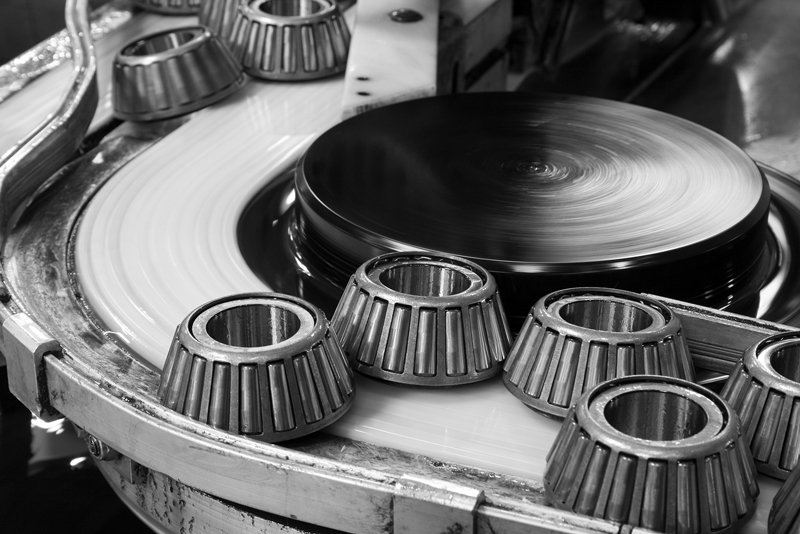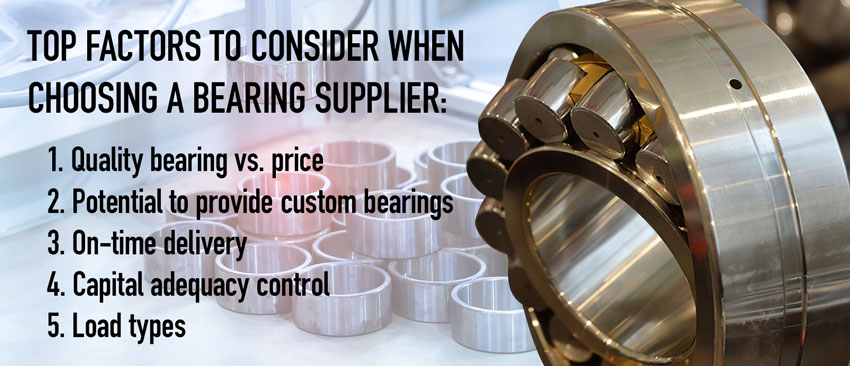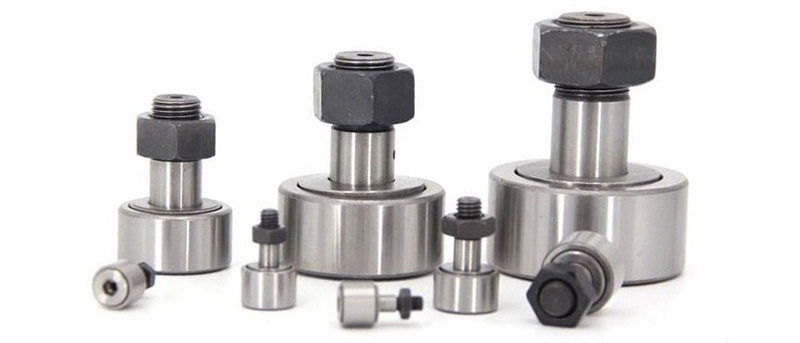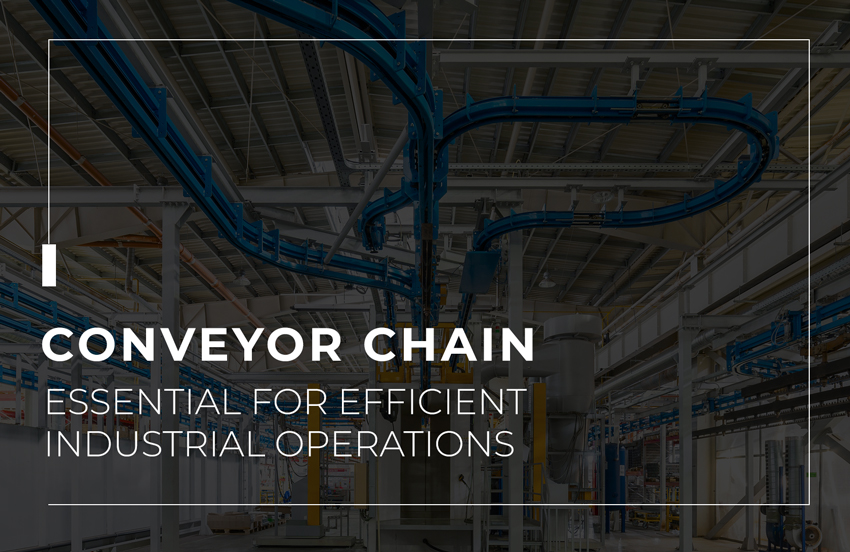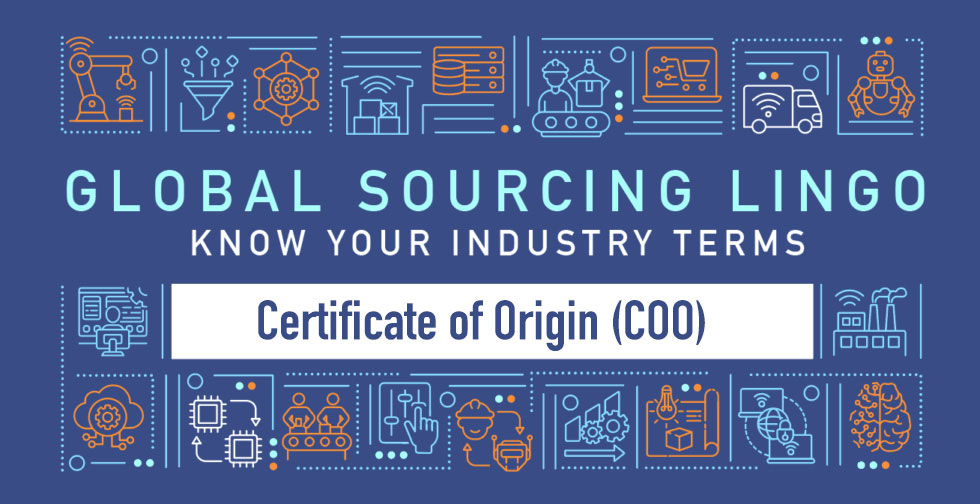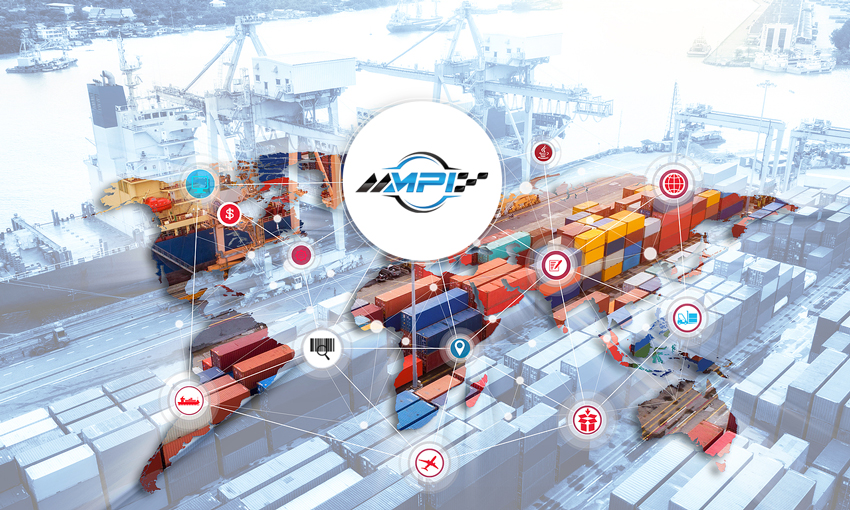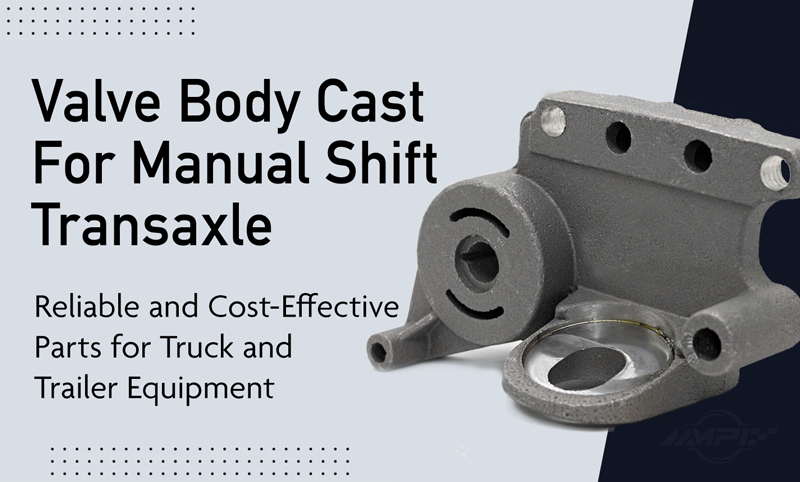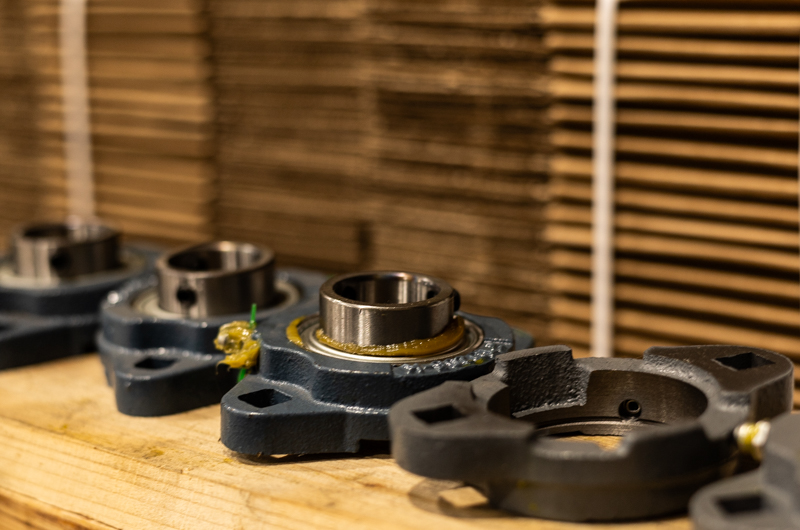Bearings are an integral component of many different types of machinery and come in a wide variety of sizes. Bearings can be considered a workpiece that only maintains one type of motion in a unit subject to static or dynamic load.
Importance of bearings
Using bearings in machines and equipment is crucial for lowering friction and ensuring a smooth spin. The bearing is the most crucial part of every piece of machinery or apparatus with rotating parts. You can utilize them to produce a faster rotation and reduce friction. Depending on the use, there are many different types of bearings.
Choosing bearing suppliers
There are a lot of providers clamoring for your industry when you need bearings for it. Each provider will have its marketing strategy; major corporations may claim that their brand is the only one that is important to consider, while enterprises may concentrate on a specific market segment. Which choice is best for you and your company in the end?
The size of a bearing manufacturer only matters if it can fulfill all your requirements. The value of your bearing supplier to your company can vary depending on several factors. You may have discovered a unique business partner if a provider fulfills all the requirements. If not, it might be time to consider other options.
A bearing may appear to be a small part in the context of the mechanical system, yet it plays an important part. The transmission of power ensures the efficient operation of the machine without friction. If friction is created due to choosing an improper bearing for the application, surrounding components may also be impacted, resulting in expensive downtime in operation. So there is an ultimate need to choose the correct bearing supplier to provide best bearings for your machinery.
Here are the 5 things to take into account when choosing a bearing supplier:
1 Quality bearing vs. price
Having choices is advantageous. Having options that satisfy your requirements for quality is even better. Due to “quality issues,” major bearing manufacturers may advise against comparing prices when ordering your next purchase of bearings.
When you could deal with a supplier who gives you access to the same high-quality parts without the markup, the truth is that those same big manufacturers utilize smaller manufacturers to build bearings for them and sell them for a bigger profit. Why shouldn’t those smaller bearing manufacturers be adequate for you if they are adequate for them?
So it is recommended to choose smaller manufacturers of bearings, and you must consider the following things.
2 Load Types
Pressure forces that are perpendicular to the spinning shaft are known as radial loads.
Axial loads are pressures applied in a direction parallel to the spinning shaft.
Combined loads are those in which you can use axial and radial load forces simultaneously.
The stress type must be understood since particular rolling components, bearing materials, and track rigidities are best suited for particular applications.
3 Potential to provide custom bearings
You must choose bearing distributors that provide customized bearings and do not follow the pattern of “one piece suits all.” It is a terrific concept, but that is only sometimes the case. Even if a supplier has agreements with numerous manufacturers, you could require something beyond the standard bearing options.
Working with a supplier who can create a simpler – and better – the solution is vital because the standard size only fits some types of machinery. Some suppliers have an engineering staff that can offer bearing creation and customization services and collaborates with manufacturers to produce specially manufactured bearings that adhere to your unique application requirements.
4 On-time delivery
The best-bearing distributors and suppliers respond quickly to the needs of their customers and deliver your desired product on a given deadline. Suppose a retailer of bearings asks for urgent delivery of flanged or locking-nut bearings. In that case, an excellent supplier will be prepared to set up an immediate, secure delivery of these goods to the customer via a trusted distributor’s transportation network. A knowledgeable supplier can guarantee a timely, precise bearing supply to the customer without any delays or errors.
5 Capital adequacy control
You don’t want to hear the word “complicated” when bearing storage. Of course, working with a good bearing supplier is different from what you are worried about.
Stock management can easily escalate into a challenging procedure due to unforeseen storage costs or a lack of available space. If you engage with a bearing supplier who provides warehouse storage and just-in-time delivery for all your bearing needs, it is a privilege for you. You will have a bearing in no time when you desperately need it.
Bearing manufacturing companies
The following are reliable bearing manufacturing companies in the US:
Bunting Bearings LLC
Bearings Manufacturing Co
American Roller Bearing Company
American NTN Bearing Manufacturing Co
Auburn Bearing & Manufacturing
American Metal Bearing Company
NES Bearing Company
CW Bearing, USA
PEER Bearing, an SKF Group Company
Aetna Bearing Company
Bearing distributors and suppliers
USA Bearings & Belts
BDI – Bearing Distributors Inc.
Mechanical Power
KML Bearing USA
Bearing Distributors Inc
US HG Tech Corporation
US Bearing and Power Transmission Corp
Associated Dynamics Inc
P & B Bearings Inc
Consolidated Bearings Co
Royal Bearing

Resourceful and innovative Marketing Pro, with 20+ years of progressive experience in the marketing and creative technology industry. Responsible for digital and traditional marketing efforts that promotes brand awareness, increases engagement, and drives revenue.


